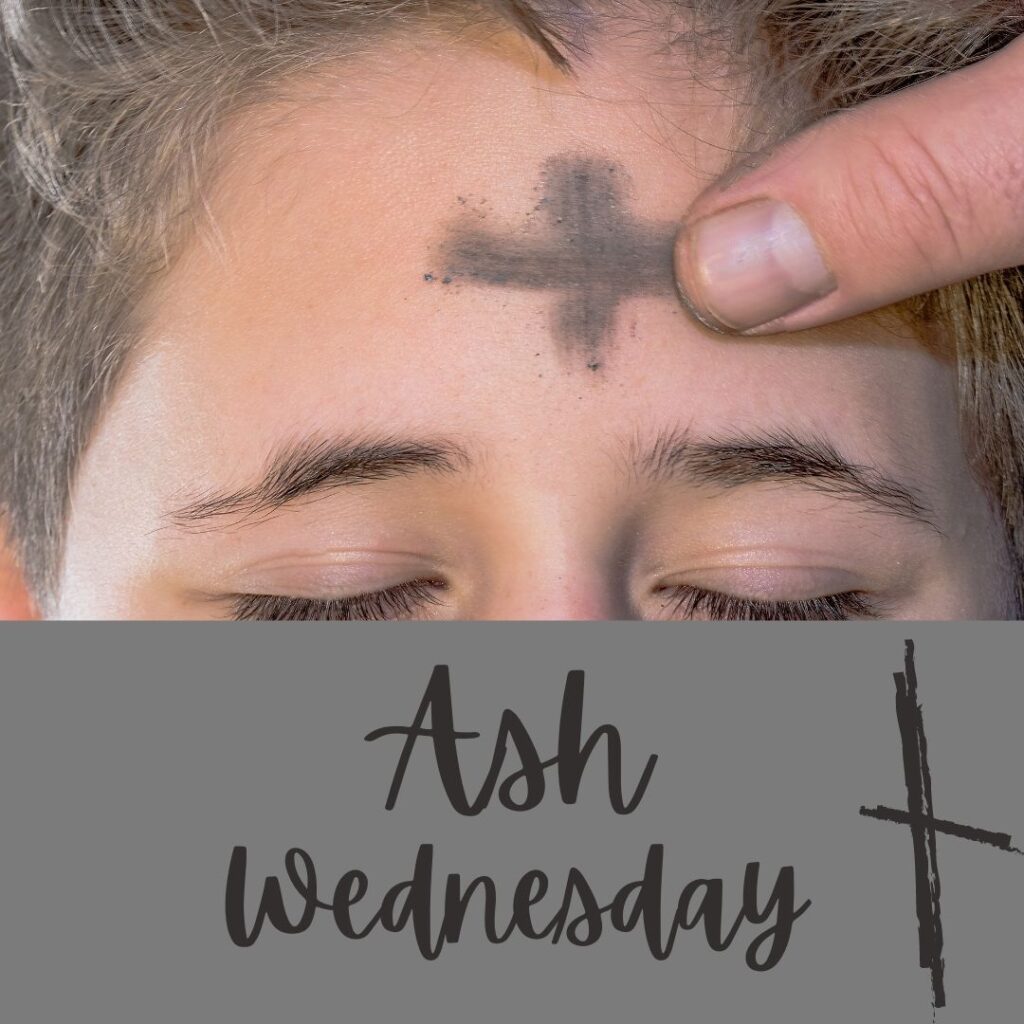I adore this blessed day, Ash Wednesday, and the beginning of Lent. Time for penance is so critical to the Christian life. T.S. Eliot knew this. His poem Ash Wednesday is his first major poem after his religious conversion captures the penitential need. Indeed, Brad Birzer at The Imaginative Conservative in his essay, “T.S. Eliot’s “Ash Wednesday,” considers the poem to be Eliot’s ‘the Purgatorio between the Inferno of “The Waste-land” and the Paradiso of the “Four Quartets”’. That is an interesting analogy and mostly accurate I would say. Birzer’s essay is worth reading.
I’m not going to get into any analysis, and I am not posting the entire poem here. I have written on it in the past. In 2013 I posted on Part II. There are six parts to the poem. It’s too lengthy to explicate the entire poem in a post, and I’m not really going to explicate even Part I which I am posting here. You can read it in its entirety at All Poetry here.
I
am going to post Part I, and I will say a few words on it.
Ash Wednesday
By T. S. Eliot
I
Because I do not hope to
turn again
Because I do not hope
Because I do not hope to
turn
Desiring this man's gift
and that man's scope
I no longer strive to
strive towards such things
(Why should the agèd eagle
stretch its wings?)
Why should I mourn
The vanished power of the
usual reign?
Because I do not hope to
know
The infirm glory of the
positive hour
Because I do not think
Because I know I shall
not know
The one veritable
transitory power
Because I cannot drink
There, where trees
flower, and springs flow, for there is nothing again
Because I know that time
is always time
And place is always and
only place
And what is actual is
actual only for one time
And only for one place
I rejoice that things are
as they are and
I renounce the blessèd
face
And renounce the voice
Because I cannot hope to
turn again
Consequently I rejoice,
having to construct something
Upon which to rejoice
And pray to God to have
mercy upon us
And pray that I may
forget
These matters that with
myself I too much discuss
Too much explain
Because I do not hope to
turn again
Let these words answer
For what is done, not to
be done again
May the judgement not be
too heavy upon us
Because these wings are
no longer wings to fly
But merely vans to beat
the air
The air which is now
thoroughly small and dry
Smaller and dryer than
the will
Teach us to care and not
to care Teach us to sit still.
Pray for us sinners now
and at the hour of our death
Pray for us now and at the hour of our death.
So what we see in Part 1 is a man caught in despair (“I do not hope” of the first three lines and beyond) who is reaching out for mercy. It does echo the Purgatorio of Dante’s Divine Comedy. Purgatory in Dante is constructed as a mountain which you corkscrew around to the top. And so Eliot provides allusion to turning, and the eagle alludes to Dante the character being carried up by an eagle from the lower section of Purgatory to the start of the terraces (Pur. IX). And the Eliot central character is trying to expunge his sin of envy: “Desiring this man's gift and that man's scope,” an allusion to a line from Shakespeare’s sonnet 29, envying another writer’s talent. Now that I’ve oriented you, I think the rest follows. He ends Part I with the closing lines of the Hail Mary prayer.
Remember, unto dust you shall return.
I
hope you had a blessed Ash Wednesday.


No comments:
Post a Comment